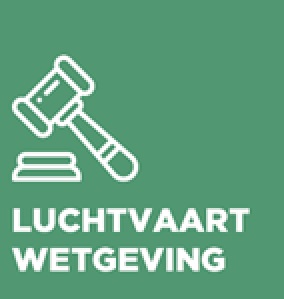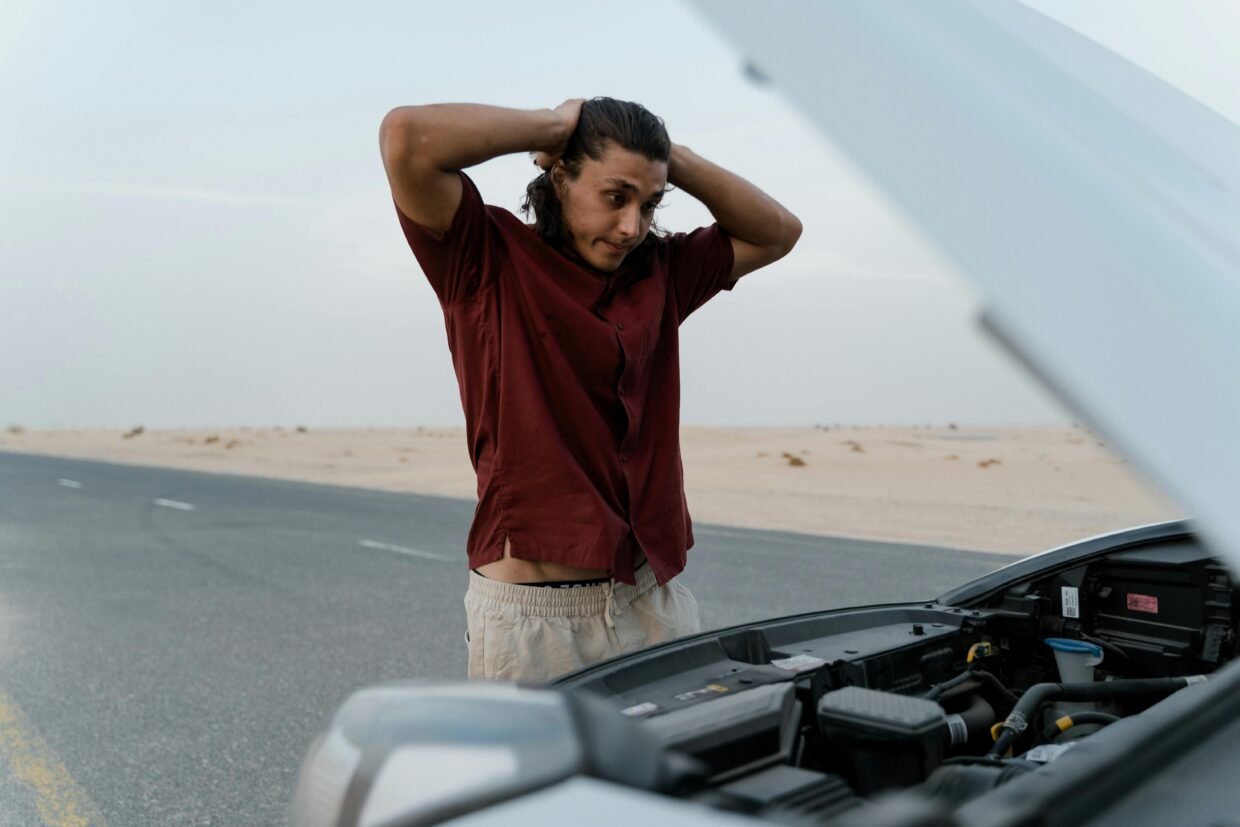What is the current status of legislation regarding the use of e-VTOLs and flying cars?

EU REGULATIONS

© Bru-nO, Pixabay
1) Regulations and Certification
EASA has established Special Conditions for VTOL aircraft.
These are technical requirements for airworthiness, specifically for VTOL aircraft.
Recently (2025), new regulations (Acceptable Means of Compliance / Guidance Material) were introduced to better regulate “manned vertical take-off and landing capable aircraft” (VCAs). This includes matters such as operations (how the aircraft are allowed to fly), availability of landing sites (vertiports), energy management, and how this fits into air traffic.
Legislation and regulations are being developed to integrate eVTOLs/innovative air mobility into existing aviation regulations, licensing, air traffic management, etc.
2) Infrastructure & Operational Platforms
In the Netherlands, there is activity around digital flight approval: for example, Twente Airport will deploy a platform (from Altitude Angel) that allows drone operators (and soon possibly also eVTOL pilots) to request, pay for, and so on, flights within controlled airspace. That’s a necessary piece of air traffic management/UTM (Unmanned Traffic Management).
Dutch companies are involved in eVTOL/VTOL/drone technology. For example, Avy is active with VTOL drones (for deliveries, emergency services, etc.).
Dutch parties are working on infrastructure (vertiports, etc.), and there is attention to policy frameworks (safety, environment, noise, etc.) that will enable eVTOLs in cities.
SPECIFIC TO THE NETHERLANDS

1) Active companies/players
Avy B.V. is a well-known example. They manufacture fixed-wing VTOL drones such as the Avy Aera.
In terms of infrastructure: Bayards Vertiports is mentioned as a Dutch player in the field of vertiports.
There is also Conscious Aerospace, a Netherlands-based startup working on hydroelectric propulsion, with plans for something at Rotterdam-The Hague Airport.
2) Government policy, collaboration & demonstrations
As mentioned, Twente Airport is working on the digital flight platform, which is an important step for safely connecting operations in mixed airspace (people and drones/eVTOLs).
There is interest in the Netherlands in combining sustainability, urban mobility, and innovative transport solutions—eVTOLs fit well with this ambition. However, actual deployment is not (yet) large-scale.
WORK TO BE DONE
There is not yet a fully operational eVTOL air taxi network in the Netherlands. Equipment certification, operational regulations, permits, etc., all need to be in order.
Noise pollution, environmental aspects, safety, and public acceptance are major hurdles.
Infrastructure still needs to be developed: vertiports, charging stations, integration into the air traffic system (UTM/ATM), etc.
Regulations sometimes need further refinement, particularly at the level of states/cities, permits, and local aviation authorities.
Deel dit bericht, kies uw platform!

Hans van Ommen















